The closed period for hedge cutting is set to begin on 1 March and will remain in place until 31 August, the National Parks and Wildlife Service (NPWS) has confirmed.
The Department of Housing Local Government and Heritage has announced that the Minister Darragh O’Brien has no discretion to change these dates.
There is provision for some restricted exemptions from the prohibition during the closed period such as for works undertaken in the ordinary course of agriculture or forestry, and for public health and safety reasons.
Legislation allows both landowners and public authorities to address hedges for road safety reasons at any time of the year.
The NPWS highlights that untrimmed, thorned hedgerows containing shrubs such as blackthorn, briars and brambles are favoured by birds as they provide food, shelter, nesting places and protection from predators during the breeding season.
Permission form
The Association of Farm and Forestry Contractors in Ireland (FCI) has said it will be issuing its members with a permission form to allow them to carry out essential hedge management services during the closed period 2021.
The FCI is advising its members to have the permission form signed by their farmer clients and their advisers before carrying out any works on farm hedges.
The association has said that the permission form will give endorsement to the farm contractor that the hedge management work is being carried out in the ordinary course of agriculture or forestry.
Burning dates
Meanwhile, IFA national hill farming chair Flor McCarthy has called on the Minister for Heritage and Electoral Reform, Malcolm Noonan, to ensure managed burning of gorse is allowed to take place in March due to recent wet weather.
We want to maintain farming in these areas
McCarthy said: “The extension by a month is of vital importance as it will address better vegetative management, help farmers keep land eligible for various CAP schemes and reduce uncontrolled wildfires.
“We want to maintain farming in these areas, while respecting the ecological value of lands with gorse and certain types of grass species. Without farming, these areas would go wild and the incidence of wildfires would significantly increase.”



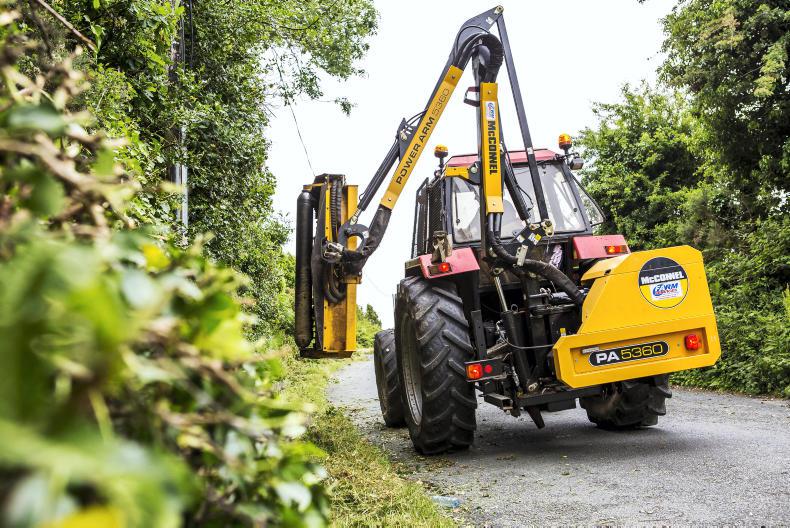

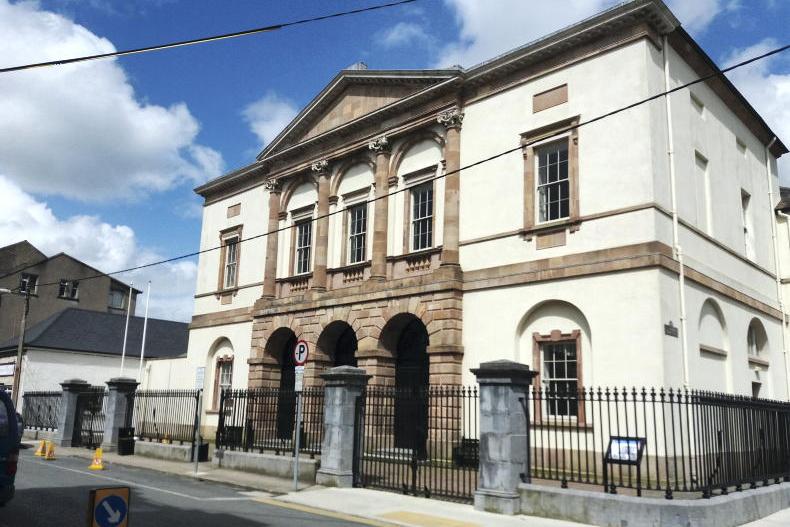

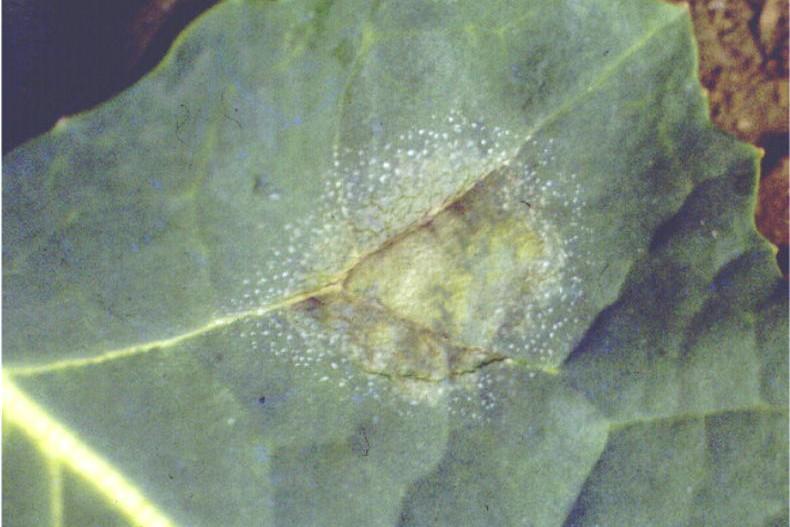
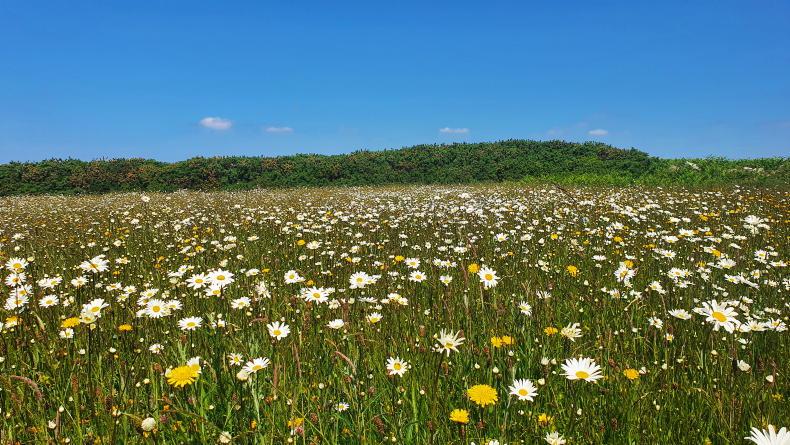
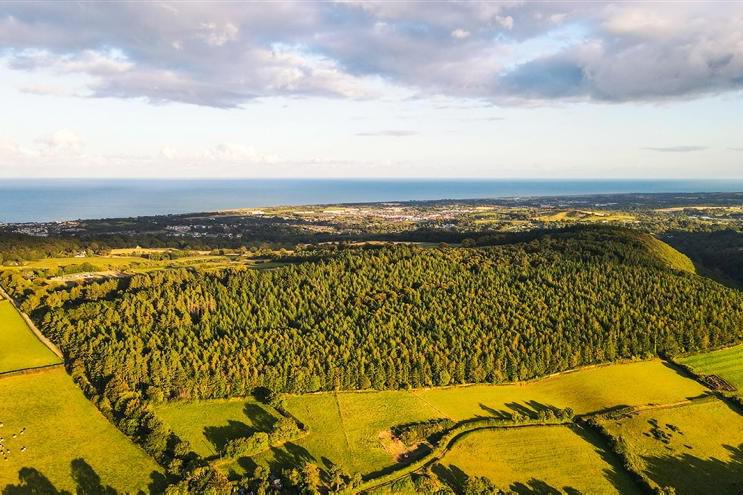
SHARING OPTIONS